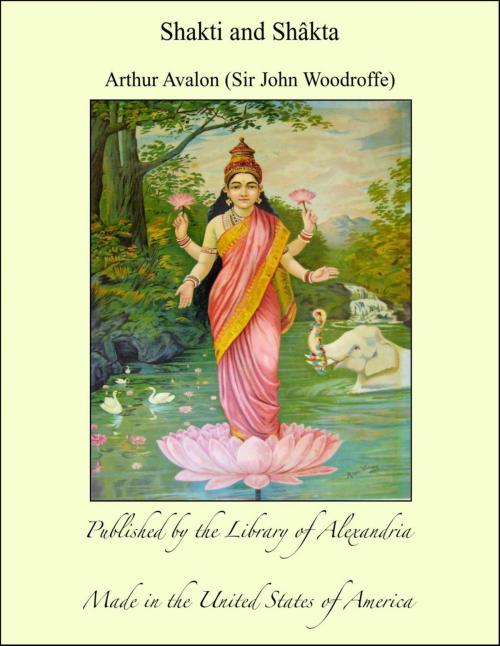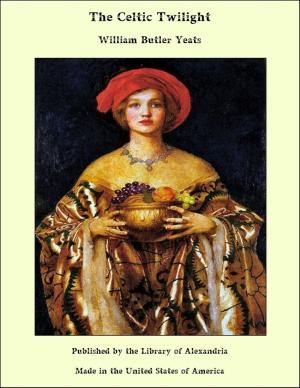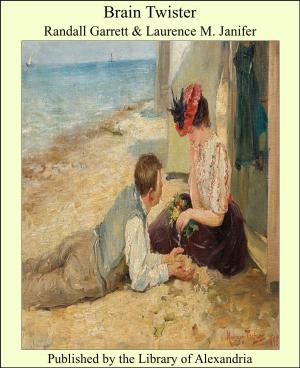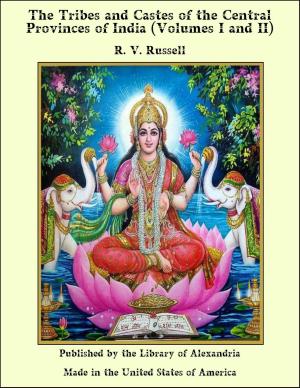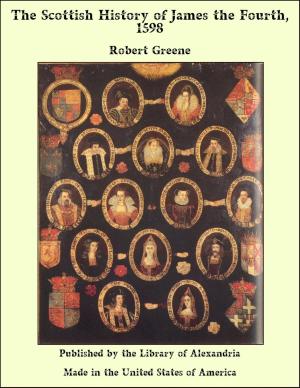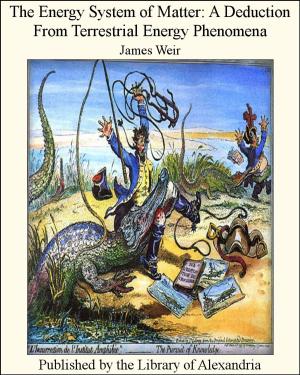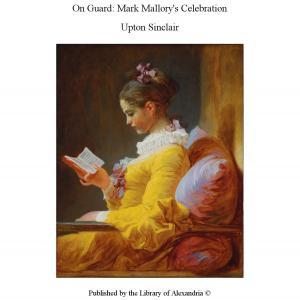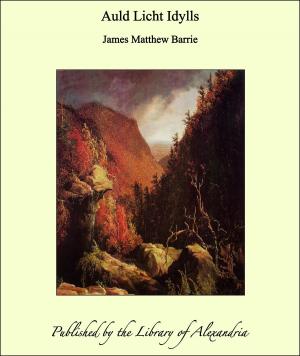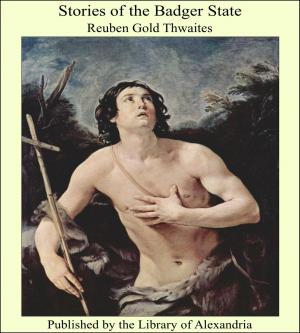| Author: | Arthur Avalon (Sir John Woodroffe) | ISBN: | 9781465573858 |
| Publisher: | Library of Alexandria | Publication: | March 8, 2015 |
| Imprint: | Language: | English |
| Author: | Arthur Avalon (Sir John Woodroffe) |
| ISBN: | 9781465573858 |
| Publisher: | Library of Alexandria |
| Publication: | March 8, 2015 |
| Imprint: | |
| Language: | English |
The general Indian Religion or Bharata Dharma holds that the world is an Order or Cosmos. It is not a Chaos of things and beings thrown haphazard together, in which there is no binding relation or rule. The world-order is Dharma, which is that by which the universe is upheld (Dharyate). Without Dharma it would fall to pieces and dissolve into nothingness. But this is not possible, for though there is Disorder (Adharma), it exists, and can exist only locally, for a time, and in particular parts of the whole. Order however will and, from the nature of things, mustultimately assert itself. And this is the meaning of the saying that Righteousness or Dharma prevails. This is in the nature of things, for Dharma is not a law imposed from without by the Ukase of some Celestial Czar. It is the nature of things; that which constitutes them what they are (Svalakshana-dharanat Dharma). It is the expression of their true being and can only cease to be, when they themselves cease to be. Belief in righteousness is then in something not arbitrarily imposed from without by a Lawgiver, but belief in a Principle of Reason which all men can recognize for themselves if they will. Again Dharma is not only the law of each being but necessarily also of the whole, and expresses the right relations of each part to the whole. This whole is again harmonious, otherwise it would dissolve. The principle which holds it together as one mighty organism is Dharma. The particular Dharma calls for such recognition and action in accordance therewith. Religion, therefore, which etymologically means that which obliges or binds together, is in its most fundamental sense the recognitionthat the world is an Order, of which each man, being, and thing, is a part, and to which each man stands in a definite, established relation; together with actionbased on, and consistent with, such recognition, and in harmonywith the whole cosmic activity. Whilst therefore the religious man is he who feels that he is boundin varying ways to all being, the irreligious man is he who egoistically considers everything from the standpoint of his limited self and its interests, without regard for his fellows, or the world at large. The essentially irreligious character of such an attitude is shown by the fact that, if it were adopted by all, it would lead to the negation of Cosmos, that is Chaos.
The general Indian Religion or Bharata Dharma holds that the world is an Order or Cosmos. It is not a Chaos of things and beings thrown haphazard together, in which there is no binding relation or rule. The world-order is Dharma, which is that by which the universe is upheld (Dharyate). Without Dharma it would fall to pieces and dissolve into nothingness. But this is not possible, for though there is Disorder (Adharma), it exists, and can exist only locally, for a time, and in particular parts of the whole. Order however will and, from the nature of things, mustultimately assert itself. And this is the meaning of the saying that Righteousness or Dharma prevails. This is in the nature of things, for Dharma is not a law imposed from without by the Ukase of some Celestial Czar. It is the nature of things; that which constitutes them what they are (Svalakshana-dharanat Dharma). It is the expression of their true being and can only cease to be, when they themselves cease to be. Belief in righteousness is then in something not arbitrarily imposed from without by a Lawgiver, but belief in a Principle of Reason which all men can recognize for themselves if they will. Again Dharma is not only the law of each being but necessarily also of the whole, and expresses the right relations of each part to the whole. This whole is again harmonious, otherwise it would dissolve. The principle which holds it together as one mighty organism is Dharma. The particular Dharma calls for such recognition and action in accordance therewith. Religion, therefore, which etymologically means that which obliges or binds together, is in its most fundamental sense the recognitionthat the world is an Order, of which each man, being, and thing, is a part, and to which each man stands in a definite, established relation; together with actionbased on, and consistent with, such recognition, and in harmonywith the whole cosmic activity. Whilst therefore the religious man is he who feels that he is boundin varying ways to all being, the irreligious man is he who egoistically considers everything from the standpoint of his limited self and its interests, without regard for his fellows, or the world at large. The essentially irreligious character of such an attitude is shown by the fact that, if it were adopted by all, it would lead to the negation of Cosmos, that is Chaos.
